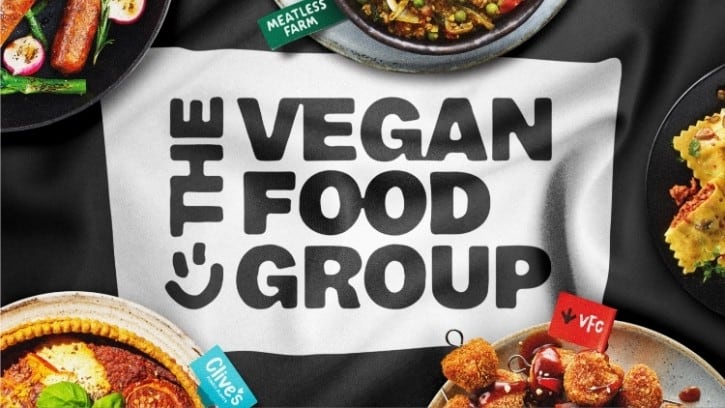It follows new research from the FSA that found 62% of people who suffer from or buy for someone with an allergy to food products are confident that products labelled vegan are safe to each, which could be putting them at risk.
The campaign encourages people with an allergy to milk, eggs, fish and crustaceans or molluscs to always check for a precautionary allergen statement such as ‘may contain’ on products labelled vegan to decide whether it’s safe to eat.
Emily Miles, FSA chief executive, said: “It’s concerning that so many people who are allergic to milk, eggs, fish and crustaceans or molluscs believe food labelled as ‘vegan’ is safe for them to eat because they assume it doesn't contain products of animal origin.
“Unfortunately, the reality of food production means there is still a risk of cross-contamination with animal-based allergens in vegan and plant-based products if produced in the same factory as animal-based products.
“That is why, through our ‘Vegan Food and Allergens Campaign’ we are urging people to always check for a label such as a ‘may contain’ and have a conversation about their allergens with food servers and businesses.”
Misuse of vegan labels
The FSA’s research also found that 54% of those who react to products of animal origin have used vegan labelling to indicate whether a food is safe to eat at least sometimes when buying packaged food.
Meanwhile, 29% of people who react to or buy for those who react to products of animal origin weren’t aware they should check for a precautionary allergen label on vegan products to inform a decision on whether it’s safe to eat.
The campaign is being supported by the three main UK allergen charities – Allergy UK, Anaphylaxis UK and the Natasha Allergy Research Foundation.
In a joint statement, the charities hoped raising awareness of the issue would help people with food allergies to choose food that is safe for them.
“This worrying research shows that many people with allergies to products of animal origin are buying vegan and plant-based food and assuming it is safe to eat, without taking further precautions to check the label,” they added.
‘Potential for cross contamination’
“That is why this campaign is so important in highlighting the potential for cross contamination in vegan products. This campaign will highlight the risks of people eating vegan and plant-based food without taking further action to check it is safe for their allergies, as well as inform them of differences between vegan products and free-from products.”
The FSA’s new vegan labelling campaign comes four months after it updated its food labelling technical guidance for food businesses and industry. The update advises businesses to use a Precautionary Allergen Label alongside a vegan label, if cross-contamination can’t be ruled out.
Commenting on the launch of the new campaign, Vegan Society head of campaigns, policy and research Claire Ogley said: “Our Vegan Trademark shows products are vegan to our rigorous standards as far as is practical and possible, and that efforts have been made to avoid cross-contamination.
However, it is essential that people understand that a ‘vegan’ label does not necessarily mean the product is ‘allergen-free’ and people with allergies should always check the allergen labelling on products before consuming them. We support this campaign from the FSA to help keep people with allergies safe.”




